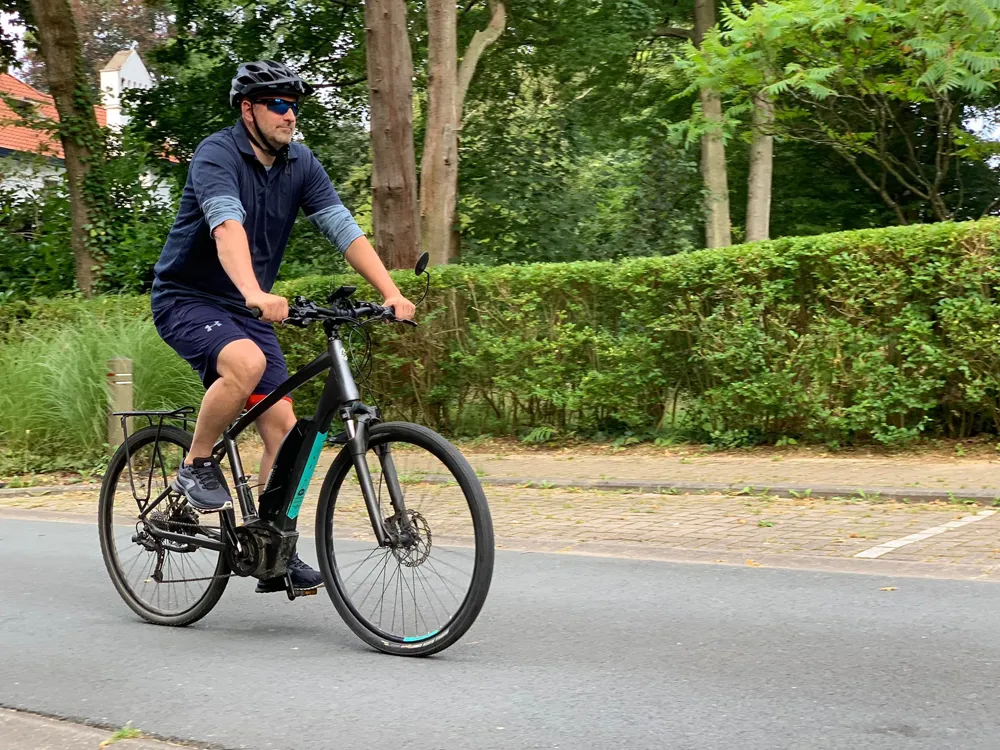
The road to next month’s ITS World Congress in Hamburg has been a long one.
The biggest in-person gathering in the ITS industry since the Covid-19 pandemic hit, it will be a chance to meet colleagues and to experience the latest in innovation in the sector – in a safe and secure environment in line with the event’s ‘2G’ sanitary plan.
But for Zeljko Jeftic, deputy director, innovation & deployment at Congress organizer Ertico – ITS Europe, it is also an opportunity to highlight the importance of decarbonising transportation.
He is making the 1,200km round-trip from his home in Brussels to the Congress in Hamburg by bicycle in a bid to demonstrate the large- and small-scale actions which are needed by everyone to make transport cleaner and greener.
“We need more transport professionals to be more outspoken about transport decarbonisation and climate change, and to back that up with concrete big and small actions,” Jeftic says.
Rather than flying, he is calling upon Congress delegates to consider taking less-polluting modes, such as train, coach or car-sharing, if they can.
Cycling to the ITS World Congress and back will involve 150km cycling per day on an electric bicycle.
“As a family we have already taken several cycling vacations of up to 400 km," he adds.
"The climate is the main driver behind our decision to cycle but we also get all the health benefits, we can see and experience more, and it's simply much more fun than any other mode of travel."
“This is one of the ways to take on the climate crisis in our personal lives.”
The e-bike is a 25 km/h assisted one, “so one still needs to cycle all the time!”
The planned schedule is to cycle for three hours and charge the battery at restaurants along the way for an hour and a half.
“Since one needs to rest when cycling, we never felt feel that the time to charge the batteries is long,” he points out.
“In addition to charging stations for electric cars and trucks, authorities should also support restaurants along key cycling corridors to implement charging for e-bikes.”
He expects that the trip will take 3-4 days in each direction - and he is also inviting everyone to join him on this journey.
At the World Congress itself, Jeftic is particularly looking forward to the Regional Forum on the Green Deal, Global Freight and Ports Forum, and the City Moonshot presentation of results from interviews with 150 cities.
ITS International is an official media partner for ITS World Congress and will be on site producing three ITS World Congress Daily News publications in Hamburg for the show.










